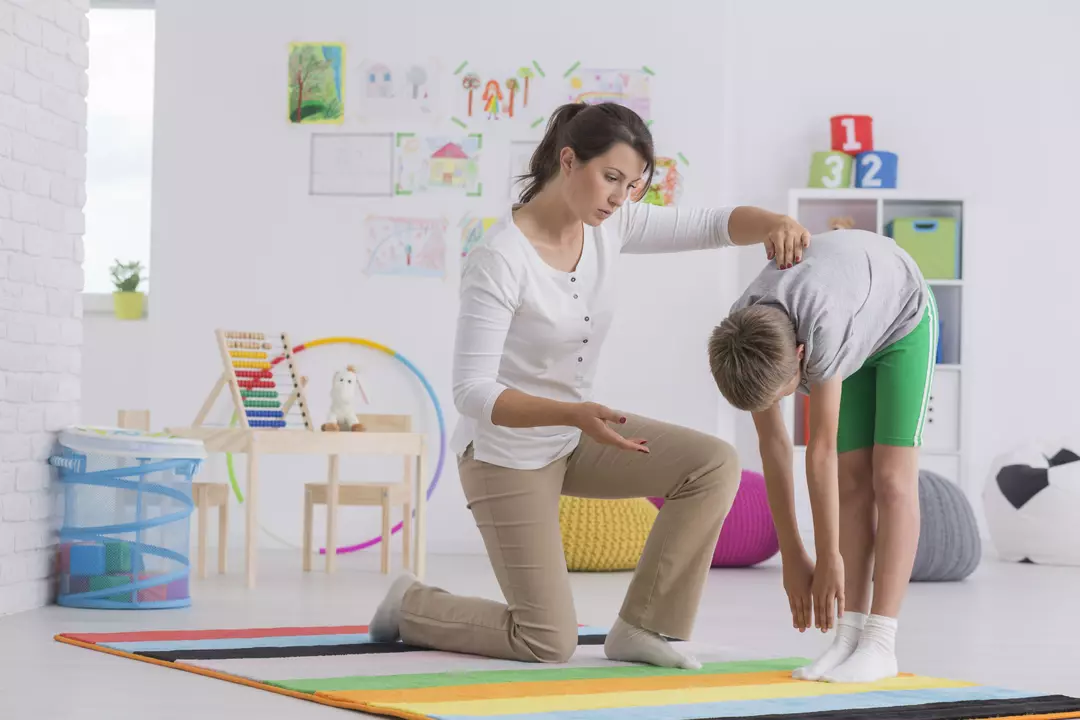Juvenile arthritis (JIA) — what parents need to know
Juvenile arthritis, often called JIA, is not one single disease but a group of conditions that cause joint inflammation in kids. Early signs can be subtle: a child who avoids running, wakes stiff, or says a knee or wrist hurts more than usual. Catching problems early limits damage and keeps your child active. This page gives clear, practical steps you can use right away.
Spotting symptoms and when to get help
Look for persistent joint swelling, pain, or stiffness that lasts more than a week. Noticeable limping, reduced use of a hand, unexplained fevers, or a rash alongside joint issues are red flags. Eye problems matter too — uveitis (eye inflammation) can show no pain but causes redness or blurry vision, so regular eye checks are essential. If you see these signs, book an appointment with your pediatrician and ask for a pediatric rheumatology referral.
Keep a simple symptom log for appointments: which joint, time of day, what makes it better or worse, and any fevers or tiredness. A short record helps the doctor pick the right tests and treatment faster.
Treatment options and daily care
Treatment aims to reduce pain, control inflammation, and protect joint growth. Common approaches include NSAIDs for short-term pain relief, disease-modifying drugs like methotrexate to slow disease, and biologic medicines for more severe cases. Your child will need regular blood tests to monitor side effects — don’t skip them.
Physical therapy is as important as medicine. A therapist will show safe exercises to keep joints flexible and muscles strong. Encourage gentle daily activity: swimming, walking, and bike rides usually work well. Use heat packs to loosen stiff joints before activity and cold packs for painful flares.
At school, simple accommodations help: extra time between classes, permission to carry a water bottle, or a stool for long tasks. Talk with teachers and the school nurse; a short note from your doctor usually smooths this conversation.
Manage flares with a short plan: rest, follow the doctor’s medicine instructions, use ice or heat, and call your care team if symptoms worsen or don't improve in a few days. Vaccination checks are important — some JIA medicines affect the immune system, so discuss timing of live vaccines with the specialist.
Don’t forget emotional support. Kids can feel different or frustrated. Keep communication open, praise small wins, and consider a counselor or a local support group for families dealing with JIA. As your child grows, plan for medical transition to adult care so nothing falls through the cracks.
Bring questions to every visit: growth effects, side-effect signs, activity limits, and eye check schedule. A focused, simple plan with a pediatric rheumatologist and physical therapist gives most kids a chance to stay active, keep up at school, and enjoy childhood without constant pain.

The Role of Occupational Therapy in Supporting Children with Juvenile Arthritis
- by Colin Edward Egan
- on 30 Apr 2023
As a blogger, I've recently been researching the role of occupational therapy in supporting children with juvenile arthritis. Occupational therapists play a vital role in helping these children maintain their independence and improve their quality of life. They work closely with the child and their family to create customized treatment plans that focus on enhancing daily living skills, managing pain, and preventing joint deformity. Occupational therapists also educate families on various strategies to help their child manage the physical and emotional challenges associated with this condition. Overall, the support and guidance provided by occupational therapists are crucial in ensuring children with juvenile arthritis can lead fulfilling lives.
